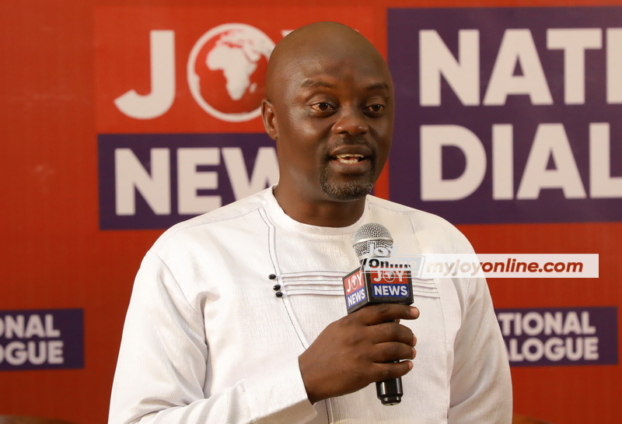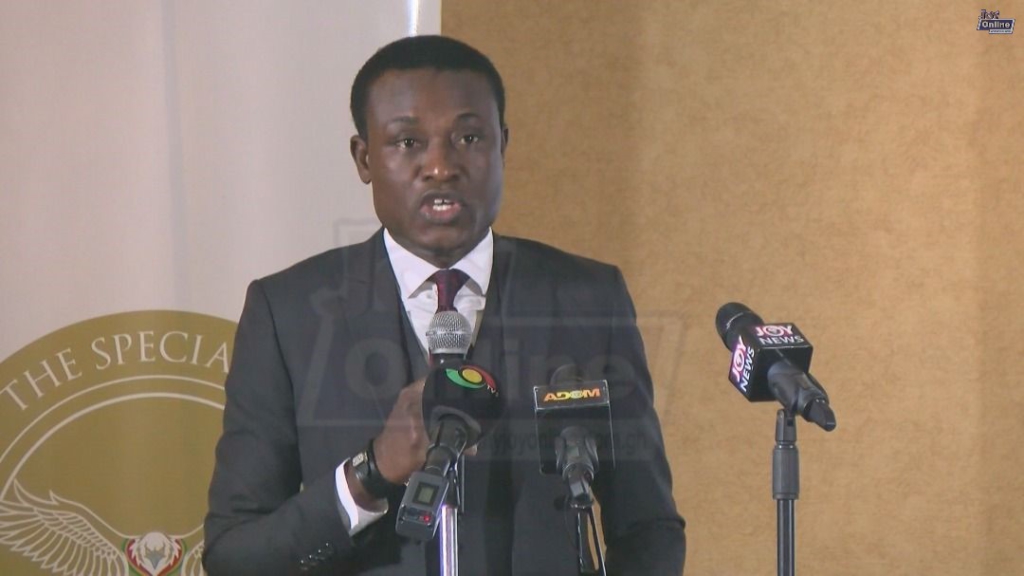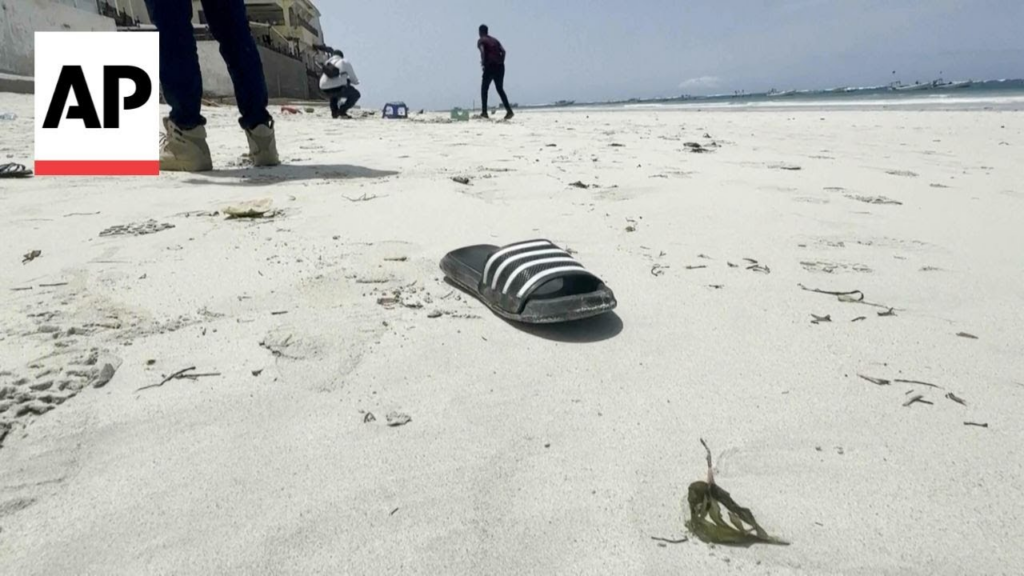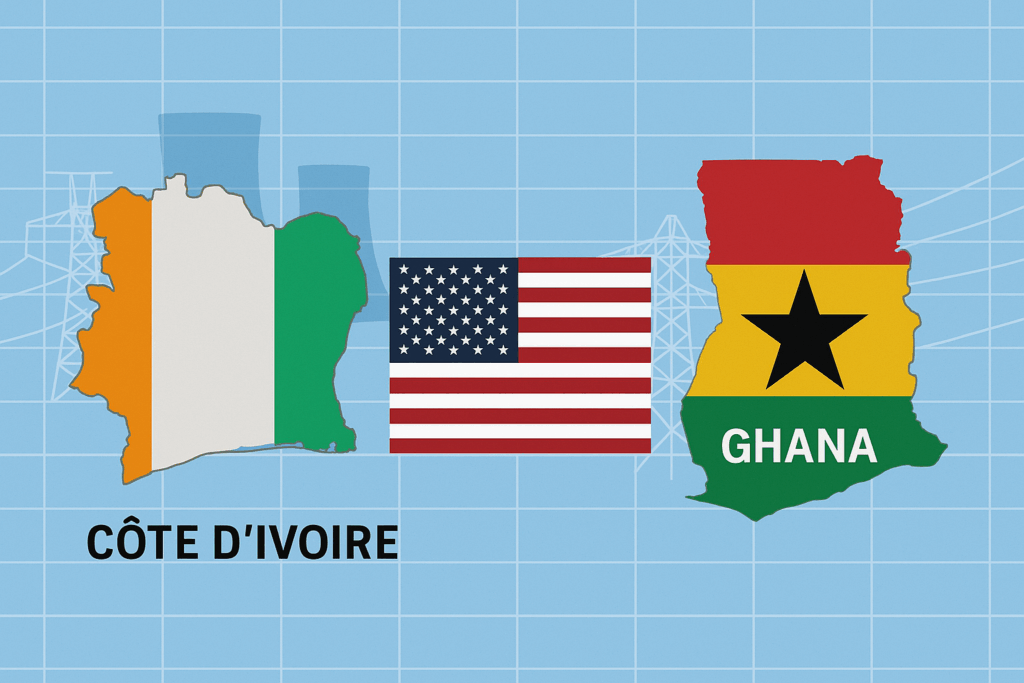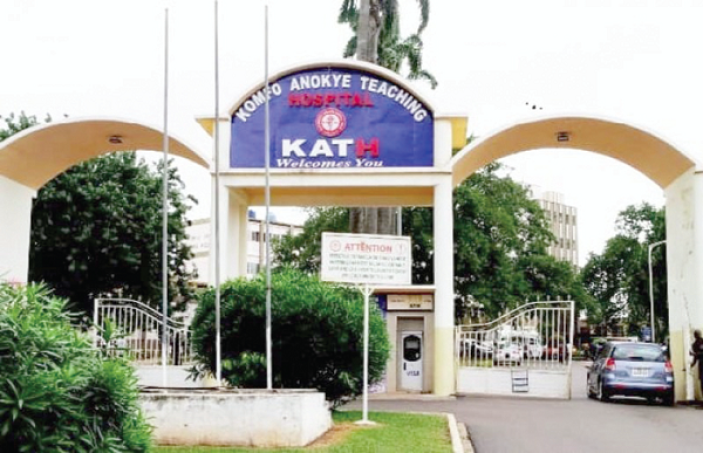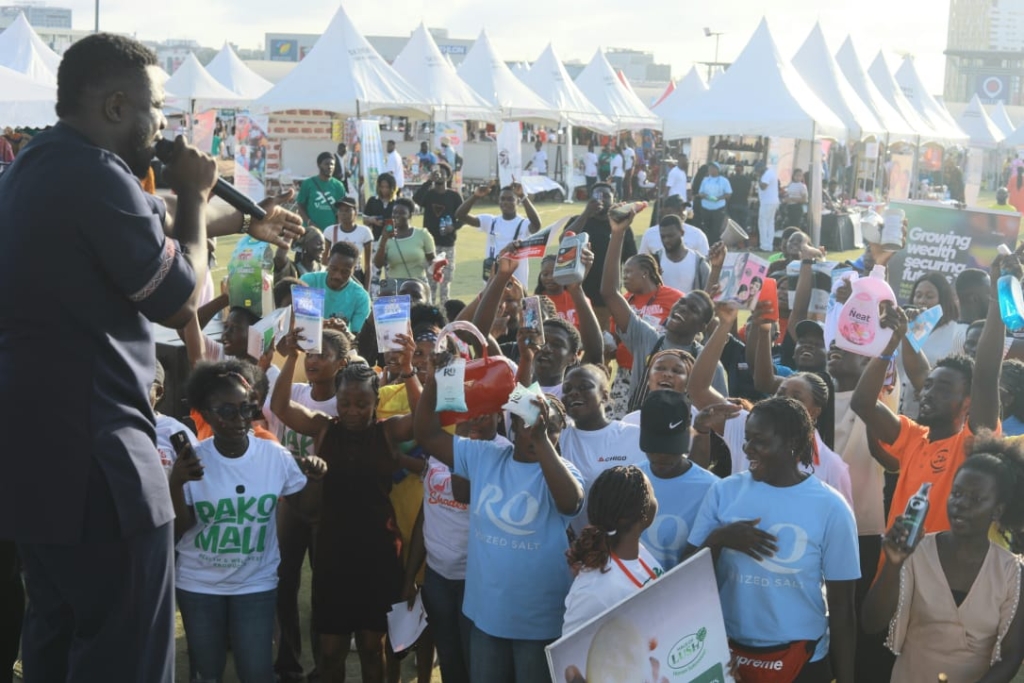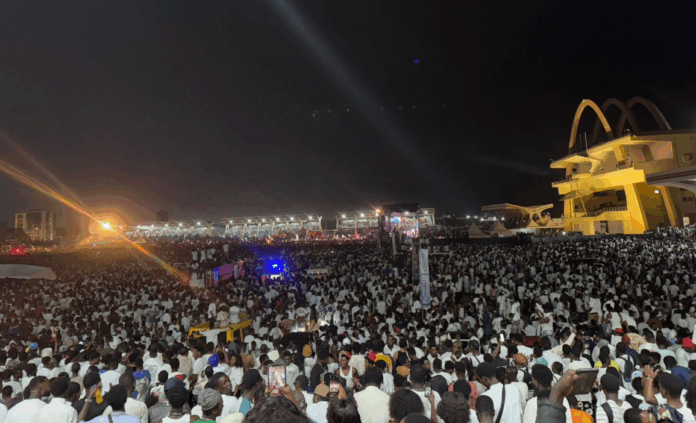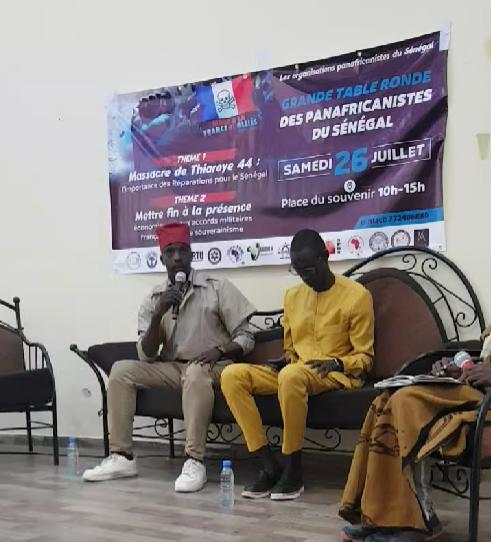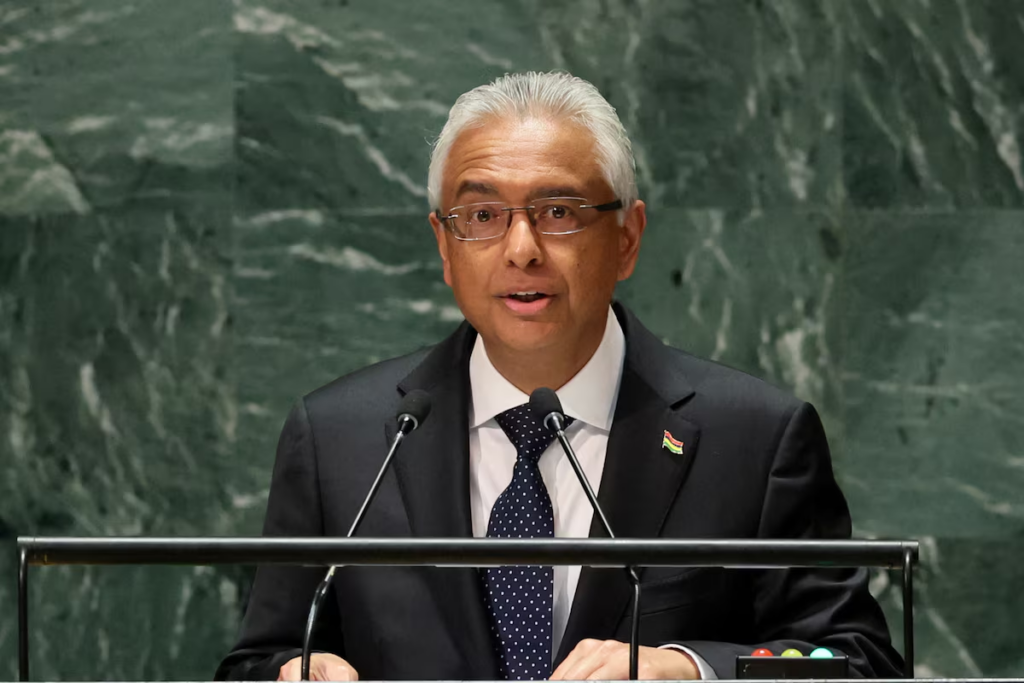US President Joe Biden ordered strikes on the two facilities used by Iran’s Revolutionary Guard Corps and militia groups that it backs, the Pentagon said, warning the US will take additional measures if attacks by Iran’s proxies continue.
US and coalition troops have been attacked at least 19 times in Iraq and in Syria by Iran-backed forces in the past week.
Hamas, Islamic Jihad and Lebanon’s Hezbollah are all backed by Tehran.
Iranian Foreign Minister Hossein Amirabdollahian said at the United Nations on Thursday that if Israel’s offensive against Hamas did not stop, the United States will “not be spared from this fire“.
The US air strikes took place at roughly 4:30am on Friday morning near Abu Kamal, a Syrian town on the border with Iraq, and were carried out by two F-16 fighter jets using precision munitions.
“These precision self-defence strikes are a response to a series of ongoing and mostly unsuccessful attacks against U.S. personnel in Iraq and Syria by Iranian-backed militia groups that began on 17 October,” US Defense Secretary Lloyd Austin said in a statement.
“These Iranian-backed attacks against US forces are unacceptable and must stop,” Austin said.
The United States maintains it did not coordinate the air strikes with Israel.
Washington has sent warships and fighter aircraft to the region over the last three weeks and on Thursday, the Pentagon announced some 900 more US troops have arrived in the Middle East or are heading there to bolster air defences for US personnel.
Israel claims Hamas commanders killed
Israel said on Friday military raids into Gaza were preparing “the next stage of the operation”, amid fears that a ground invasion of the Palestinian enclave could spark a wider Middle East conflict.
On Thursday, the Hamas-controlled Gaza health ministry said that 7,028 Palestinians had been killed in the retaliatory air strikes, including 2,913 children.
The death tolls could not independently verified.
Israel added that its fighter jets had struck three senior Hamas operatives who played significant roles in the 7 October attack on Israel.
There has been no official announcement by Hamas.
As the plight of Palestinian civilians grows more desperate, the issue of whether to have humanitarian pauses or ceasefire agreements in the Hamas-run coastal enclave will come before the 193-member UN General Assembly on Friday in a draft resolution submitted by Arab states calling for a ceasefire.
Unlike in the Security Council where resolutions on Gaza aid failed this week, no country holds a veto in the General Assembly.
Resolutions are non-binding, but carry political weight.
More than 613,000 people were estimated to have been made homeless by the Israeli bombardment of Gaza and were being sheltered by the United Nations agency for Palestinian refugees, UNRWA.
Israeli support for ground invasion dips
Meanwhilie, according to a poll published on Friday, almost half of Israelis want to hold off on any invasion of Gaza.
Asked if the military should immediately escalate to a large-scale ground offensive, 29% of Israelis agreed while 49% said “it would be better to wait” and 22% were undecided, the poll published in the Maariv newspaper said.
The daily said the results contrasted with its 19 October poll that found 65% support for a major ground offensive.
Maariv said “it is almost certain that the developments on the matter of the hostages, which is now topping the agenda, have had a great impact on this [shift in opinion]”.
Hamas freed four hostages over the last week amid efforts by regional mediator countries to arrange a larger-scale release.
However, the militant group says around 50 hostages have been killed in Israeli strikes on Gaza to date.

